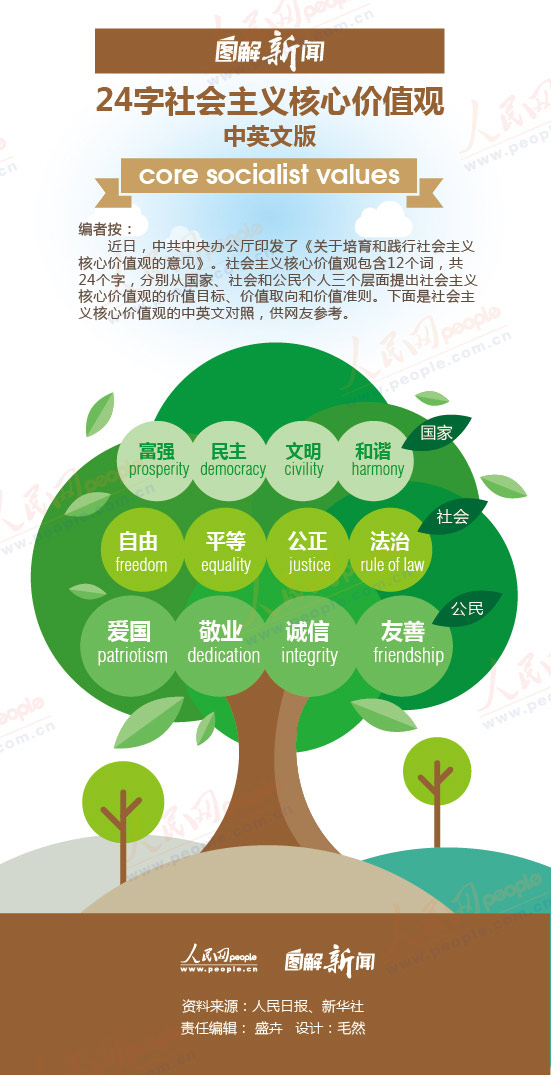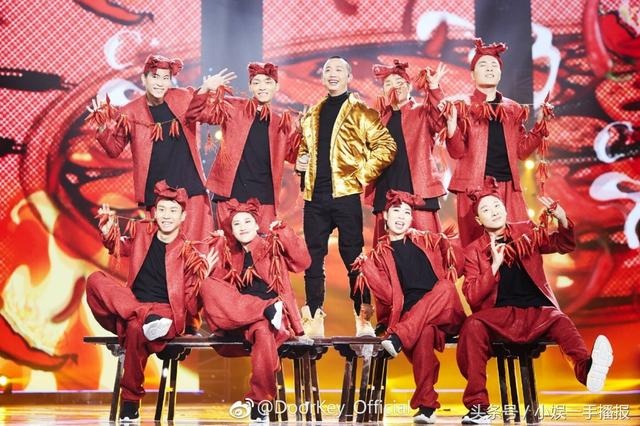Johnson Wang
Rap of China is a Chinese hip-pop show sponsored by iQiYi aired from June 2017 – September 2017. The show introduced hip-hop and rap culture into mainland China and resulted in a social phenomenon of hip-hopmania.
- Massive success – Over 1.3 billion views over a month
- Comparison with Top 3 US shows (Stats from INSIDER)
- Pretty little liars: 7.61 million
- The walking dead: 11.11 million
- Game of Thrones: 11.28 million
- Comparison with Top 3 US shows (Stats from INSIDER)
- Big investment – 25 million RMB investment which is equal to $3.8 million
Shenzhen, Beijing, Shanghai, and Guangzhou has the most viewers.
Controversies – Authentic Hip-pop vs. Traditional Chinese Values and Government Guidance

PGone is undoubtedly the best rapper from Season 1. His fluent rap flows, his meaningful lyrics, and confident stage control made him the champion of the season. However, he adopted his style close to the American ghetto rap, which made him vulnerable against public scrutiny. He had a few songs that contained sensitive contents such as sex, violence and drugs. Soon he was caught by the party and was pressured to apologizes for the inappropriate contents.
| What are the core socialist values? 社会主义核心价值观(Core Socialist Values) Nation:富强(Prosperity)、民主(Democracy) 、文明(Civility)、和谐(Harmony) Society: 自由(Freedom)、平等(Equality)、公正(Justice)、法治(Rule of Law) Individual: 爱国(Patriotism)、敬业(Dedication)、诚信(Integrity)、友善(Friendship) |

More controversies evolved around PGone. He slept with a celebrity’s wife, and chopped off his pinky on a live broadcast to appeal for his innocence.
Gai: Gangsta Dialect Rappers >> Socialist Rapper with Chinese Characteristics
He and his team quickly realized that the gangsta rap they started with will not gain popularity in the mainstream media, mostly due to its deviation from core Chinese traditional spirits (respect, filial piety, love, etc). Therefore, he re-positioned himself as a “cultural rapper”, making hip-pop music with traditional Chinese elements such as “praising the Great Wall”, or “loving the hot-pot”. It is debatable whether he “lost his musical authenticity” because the gangsta rap image he created for himself might be fake in the first place. However, it is true that he started to receive mainstream attention and made it from the “underground” to the general public. This juxtaposition of abandoning your music authenticity to receive mainstream and commercial success is a form of adaptation and cultural appropriation from the Chinese rappers.

10 thousand Mile Great Wall
The Perfect Integration of Hip-pop and Chinese Traditional Cultural Values — Jay Chou
- Jay Chou is a Taiwanese singer who received massive success over the past 2 decades. He undoubtedly is the most successful male singer in modern Chinese popular music history. During interviews, he specifically said that he wished to “Unlike the western rap (U.S. rap genre) that often included violence and drugs, I wanted to create the rap that is more aligned with Chinese traditional values.” He had many top hit rap singles, such as “Listen to mom”, “Ninja”, “Melody of the Night”, etc.
Praising China Rap Single: This is China
Conclusion: 4 approaches to western hip-hop music
- PGone – YOLO. PGone decided to keep his musical identity and to maintain his “bad boy” image, even after being warned and outcasted mainstream media such as CCTV and People’s Daily. Eventually, he faded away from the public and became a nonamer in the music industry. He is a rebellious figure that possibly epitomized the underground spirit of hip-hop. However, this spirit is deemed to fail in a strictly censored Communist country.
- Gai – bandwagon. Gai originally gained popularity as a dialect gangsta rapper from Chongqing. However, once he entered mainstream media, he realized that his music authenticity will not be appropriate for the general public. Thus he decided to forgo his music authenticity and became an “appropriate” crowd-pleaser. He released songs like “hotpot” and “great-wall”, while none of the songs received much attention because they were shallow and unauthentic.
- Jay Chou – talents + good vision. Jay Chou did not gain popularity through hip-hop, instead, he became the king of pop music due to his memorable rhythms and creative music styles in the early 2000s. Jay Chou, in many interviews, has openly expressed that hip-hop is a vehicle for him to express his musical talents. He wanted to avoid the dark and violent western hip-hop, while creating his own hip-hop genre that contained love, compassion, friendship, etc. His vision and innovative usage of hip-hop music allowed him to remain popular for over 2 decades.
- Tianfu – Party’s puppy. Tianfu is a band that rarely had any exposure to Chinese music platforms. However, after their single “this is China”, they soon gathered popularity and received love from Chinese public for their nationalism and patriotism. It is questionable whether they are truly that patriotic since they never had any songs regarding national diplomatic hot topics such as the South China Sea or Uyghur ethnicity. They gained popularity from the song, yet they also quickly faded away from the mainstream media due to their lackluster productions and mediocre musical talents.